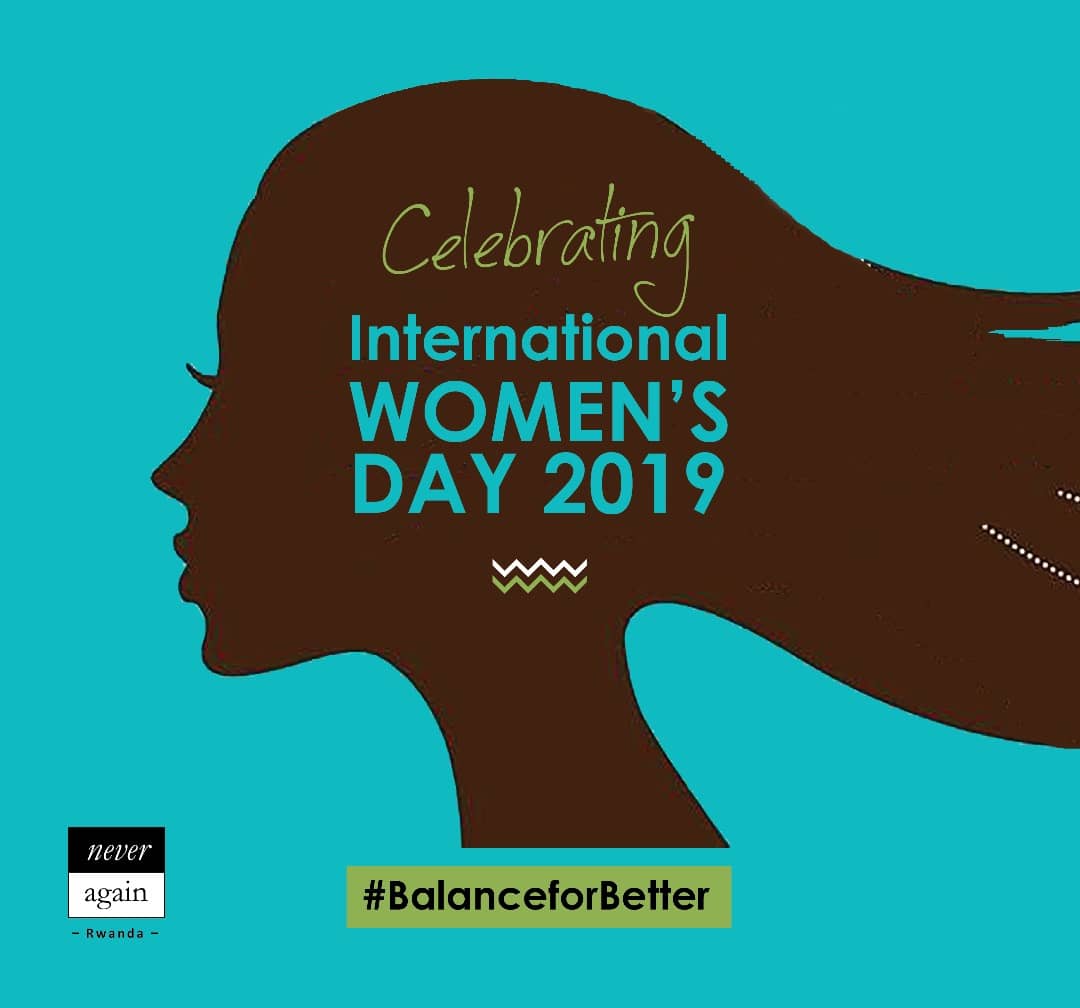First celebrated in 1911, International Women’s Day is commemorated annually on the 8th of March. It is a day that is set aside to celebrate achievements made politically, economically and socially by women. On this day the world celebrates women and progress made with promoting gender equality in all spheres of life, and a call to change. Running under different themes, the world pledges to continue to support women empowerment. This year International Women’s Day is running under the theme Think equal, build smart, innovate for change to focus on advancing gender equality and the empowerment of women. It is also running under campaign theme, “#BalanceforBetter”, a call to action to achieve gender balance through a sense of balance in companies and elsewhere, right from the grassroots level to the boardrooms. This resonates with the call to leave no one behind.
Balance for better means that a balanced world is better. It entails raising awareness against bias, and taking action for equality.
The UN Secretary-General, Antonio Guterres says, “Let’s make sure women and girls can shape the policies, services and infrastructure that impact all our lives, And let’s support women and girls who are breaking down barriers to create a better world for everyone.” This is an important call to involve women in decision-making, development and to support movements around the world that are advocating for empowerment of women.
Rwanda has made strides with empowerment of women. Today Rwanda, boasts of being number one in terms of women’s representative in Parliament, at 64%. Empowerment of women has trickled to other sectors as well, for example the private sector were are being appointed to leadership positions. Rwanda still needs to achieve the 2030 agenda by ending all forms of discrimination against women, eliminating all forms of violence against all women and girls in the public and private spheres, empowering women to make decisions that impact on the development agenda of the nation and supporting young emerging leaders. Sustainable Development Goal (SDG) number 5, urges countries to achieve gender equality and empower all women and girls. SDG 5 urges providing women and girls with equal access to education, health care, decent work, and representation in political and economic decision-making processes will fuel sustainable economies and benefit societies and humanity at large.
Women are key contributors in the society. Having their voices added to political and economic matters is important to empowering them to make even greater contributions to the national developmental agenda. Hence it is important to empower women financially to enable them to meaningfully contribute to the economic growth of Rwanda. The financial inclusion of women is important for them to contribute to economic growth. This means empowering women at the grassroots, women in the rural areas, linking them with markets, increasing their skills in financial literacy and management.
As the theme behooves us to think equal, build smart, innovate change; I believe that gender equality should be promoted right at the individual level, in our homes, in the community and finally at the national level. By building smart we need to ensure inclusion of women politically and as mentioned above financially. Political inclusion means that the women need to advocate for policies that promote their empowerment and give them a voice in decision making.
Whilst recognizable improvement has been noted, according to the campaign theme #Balanceforbetter, a lot of more that needs to be done especially with regard to GBV, reproductive and maternal health.
Whilst these achievements are commendable to achieve the 2030 Agenda, decision makers need to ensure that empowerment of women is prioritized throughout all sectors. Women are provided with opportunities and spaces for dialogue are created were women can discuss issues affecting them. There is need for enhanced partnership and coordination amongst stakeholders that are working on women empowerment. Whilst today we celebrate women’s day, let’s not forget about the girl child and her inclusion in the discourse of women empowerment. This also includes eliminating all forms of discrimination against the girl child, ending child or forced marriages, educating the girl-child and providing opportunities for empowerment. Let’s also bring more men on board who support women and are willing to advocate for women’s rights, equality and empowerment. Above all it is imperative that no one is left behind.


